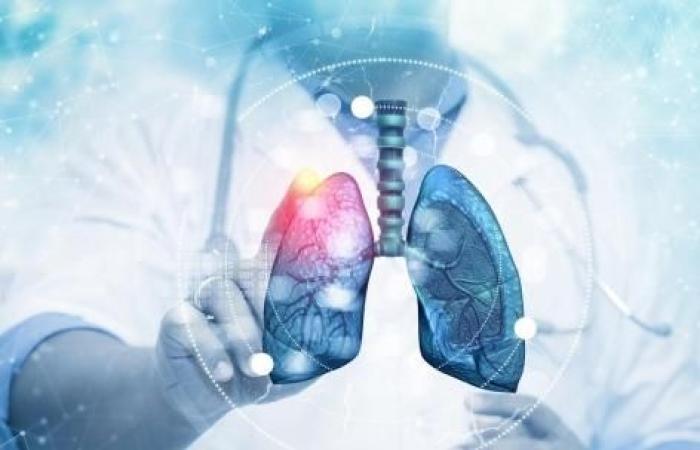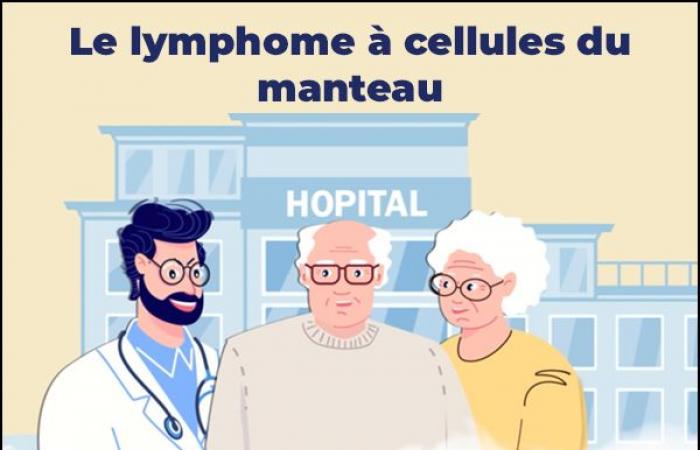THE ESSENTIAL
- 59% of the French population report having at least one respiratory symptom or illness, according to a recent survey by OpinionWay for the Fondation du Souffle, with a prevalence among the new generation.
- However, 8 out of 10 young people underestimate the risks of developing a disability or even dying from a common respiratory illness.
- More than 1 in 2 French people also believe that at least one of the most common respiratory diseases can be cured permanently, even though, with the exception of certain respiratory allergies and certain lung cancers detected early, these respiratory diseases are not curable.
59% of the French population declares having at least one symptom or respiratory illness, according to an opinion survey conducted by OpinionWay for the Fondation du Souffle, among 1,001 representative people throughout the country between February 15 and 22, 2024. In detail, 36% of French people declare having a respiratory illness, among which the most common here are obstructive sleep apnea at 13%, followed by respiratory allergies (12%) and asthma (12%).Surprising results, far from the Public Health data known to date. For example, in our territory, it is estimated that approximately 6% of the French population suffers from asthma, which represents 4 million people. (…) The French clearly have respiratory symptoms and concerns about their respiratory health.”, indicates in a press release Professor Bruno Crestani, President of the Fondation du Souffle.
Respiratory health: 8 out of 10 young people underestimate the risks of complications
This survey also reveals that 31% of French people say they are poorly informed about the measures to put in place to prevent respiratory diseases. They are 35% among 18-24 year olds, 39% among 25-34 year olds and 20% among those aged 65 and over.Declaring to be less well informed, young people are logically those who indicate being most affected by respiratory symptoms or illnesses.”, comments the Professor.
Worse still, “8 out of 10 young people underestimate the risks of developing a disability or even dying from a common respiratory illness”, reveals the Fondation du Souffle. And yet, if we take sleep apnea, a respiratory disease affecting around 5% of adults according to data from Public Health France, we should know that it worsens with age, that it increases the risk of developing high blood pressure and that those affected are more likely to have a stroke or develop type 2 diabetes. Poorly controlled asthma can lead to impaired respiratory function or even the death of the person affected during an acute attack. Finally, people suffering from allergic rhinitis are more likely to develop asthma, with an average of 1 in 3 patients developing it within 10 years.
Can you really recover from a respiratory disease?
Another preconceived idea that seems to be hard to shake among the French population is that more than 1 in 2 French people, especially young people, think that one can permanently cure at least one of the most common respiratory diseases. However, “To date, with the exception of certain respiratory allergies and certain lung cancers detected early, these respiratory diseases are not curable.”, recalls Professor Crestani. “On the other hand, many treatments exist that can improve the quality of life of patients, and research is very active to find new solutions that will allow people to live in better health for longer.”
For Dr Olivier Leleu, pulmonologist at the Abbeville hospital center, this survey highlights “the need for awareness and education campaigns to better inform the public on these issues“. He adds in conclusion that “Our lungs are fragile organs that are particularly sensitive to tobacco, outdoor and indoor environmental pollution, sleep disorders and a sedentary lifestyle.“. In this regard, “Smoking cessation, improving air quality, promoting physical activity and breath measurement actions are the main areas of prevention to be carried out, particularly among young people, to protect our respiratory health.”.



